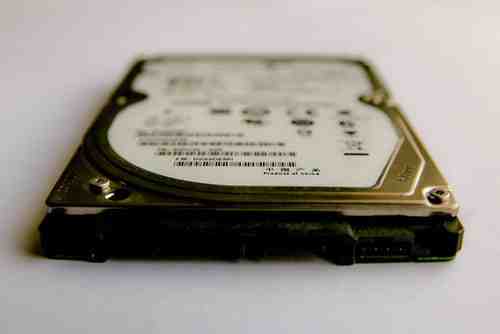The Windows DISKPART Command Explained

DISKPART can be used to overcome the limitations of the
The DISKPART Command
Diskpart is a command line tool which allows you to manage disks, as such some commands can only be accessed via diskpart and not by the disk management tool of Windows. The use of this tool involves a lot of caution!
DISKPART can be useful in such situations:
Access to disks that no longer appear in the disk management tool.
Convert a basic disk to a dynamic disk.
Create partitions.
The clean command allows you to delete all information stored on the disk.
Manage the partitions (create, delete, edit).
Assign, edit and delete a drive letter.
Format a partition (several options available).
The Different Ways to Use Diskpart
Script
CMD (command prompt)
Using Diskpart Via a Script
Click on Start > Run.
Type cmd and press Enter.
The command prompt shall open.
From there we will simply indicate where diskpart will find the file containing the commands.
Move to the folder containing the files using the cd command.
In our case we will use the examplet file. diskpare /s exemplet
The examplet file will contain the commands. In our example we will list the details of disk 1:
list disk
select disk 1
detail disk
Using DISKPART Via the Command Prompt
Click on Start > Run.
Type cmd and press Enter.
Once the command prompt is open
Type: DISKPART
You have now accessed the diskpart tool.
Listing the Disks
You can list the disks, partitions or volumes.
You can use both the disk management tool of Windows and the diskpart tool, by positioning both of the windows side by side.
Selecting a Specific Disk
Type the following command: select disk n
Replace n with the disk number of your choice.
Getting Info About a Disk
For more information use the detail disk command.
To get information about a specific disk, first you need to select it and the use the detail disk command.
Example using the disk 2 :
list disk
select disk 2
detail disk
Selecting a Partition
First you need to select the disk:
list disk
select disk n
Then use the below command to select the partition of your choice:
select partition n
Replace n with the partition number
To get additional information about a partition:
list partition
select partition n
detail partition
Selecting a Volume
First you must select your disk:
list disk
select disk n
List the volumes present using the below command:
list volume
To select a specific volume:
select volume n
Where n is the the volume number
To get information about the selected volume, type:
detail volume
Additional commands
The help command
The help command will give you access to all the diskpart commands:
help
Example :
help clean
The Clean Command - Clear All Information
The CLEAN command deletes all partitions, the configuration information and all the information stored on the disk.
command deletes all partitions, the configuration information and all the information stored on the disk. The CLEAN ALL command deletes all partitions on the selected disk and permanently deletes the information stored on the disk.
Example of use (disk 1):
list disk
select disk 1
clean
The ASSIGN Command - Manage Partitions Letters
The Remove letter command:
list volume
select volume n
remove letter =N
To assign a new letter to a partition:
assign letter =N
The Format Command: Format a Partition
Format the active partition or volume.
Photo: Unsplash